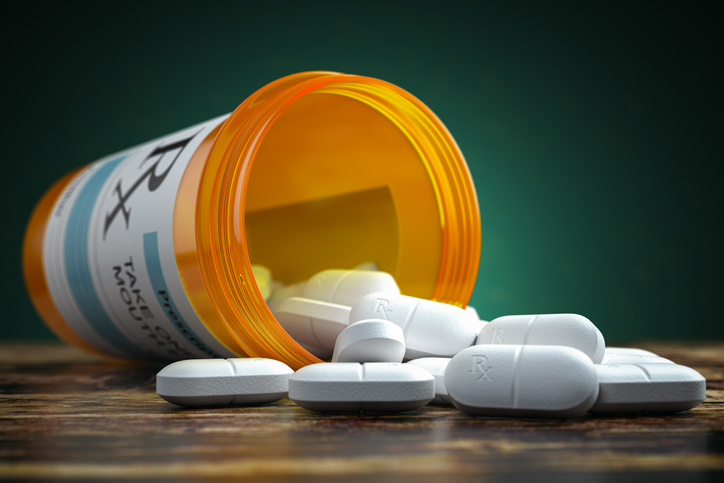
3 Steps to Take with Your Deceased Loved One’s Prescription Medications
- Posted on: Jul 31 2022
When you lose a loved one, it can be difficult knowing all of the things to take care of after their passing. There may be accounts to close, final bills to pay, and funeral arrangements to make. But one thing most people don’t think about is what to do with any prescription medication that they may have. Here are three steps to take with your deceased loved one’s prescription medications.
The Secure and Responsible Drug Disposal Act of 2010
Under the Secure and Responsible Drug Disposal Act of 2010, there was an expansion in how those who legally possess controlled substances are allowed to safely dispose of them to the right people and agencies. This Act included mail-back opportunities, collection receptacles, and “take-back” events. Additionally, under the Act those who are legally entitled to dispose of a deceased person’s property are legally allowed to dispose of any controlled substances they had at the time of their death.
If your loved one was in an assisted living facility or nursing home at the time they passed, the facility may make it an option to throw away these medications on your behalf. However, if they don’t, it’s still up to you to do so. If there are directions on the package insert, you should follow them. But if there are none and you have not been advised otherwise by a healthcare provider, you should follow these three steps:
1. Check Out Local Take-Back Programs
There are a lot of take-back programs for controlled substances. In fact, the Drug Enforcement Agency (DEA) may be a good resource for locating them; they are often offered through local police stations and pharmacies. Always make sure to take off any personal information before you hand over the meds.
2. Flush it Down the Toilet – IF You’re Allowed
If you tried unsuccessfully to find a take-back program for the medication, you may be legally allowed to flush it down the toilet. However, not everything is allowed to be flushed. The FDA maintains a list of medications that are permitted to be flushed. Generally, these medications are those that pose a higher risk of being abused.
3. Toss it in the Trash
If there are no local bring-back sites and the medication isn’t included on the FDA’s flush list, you’ll want to toss it in the trash. You may be wondering why you can’t just flush everything. This is because it’s important to avoid contributing to drugs in our water as much as possible.
Before you put it in the can, be sure to remove personal information, mix the medication with something generally considered gross (e.g. cat litter), and place that mixture in a plastic bag or sealable container so as to make sure it doesn’t leak.
The Law Offices of Brian L. Fox, APLC Help those Who Are Responsible for a Loved One’s Estate
When you have lost a loved one it can be a confusing and painful process. You may have no idea what you should be doing. That’s why it is helpful to consult with a knowledgeable and experienced California Estate Planning Attorney.
At the Law Offices of Brian L. Fox, APLC, we know how important it is to care for your loved one’s estate. We will help to walk you through the process. To learn more or to schedule a free consultation, contact us today!
Posted in: Estate Planning

